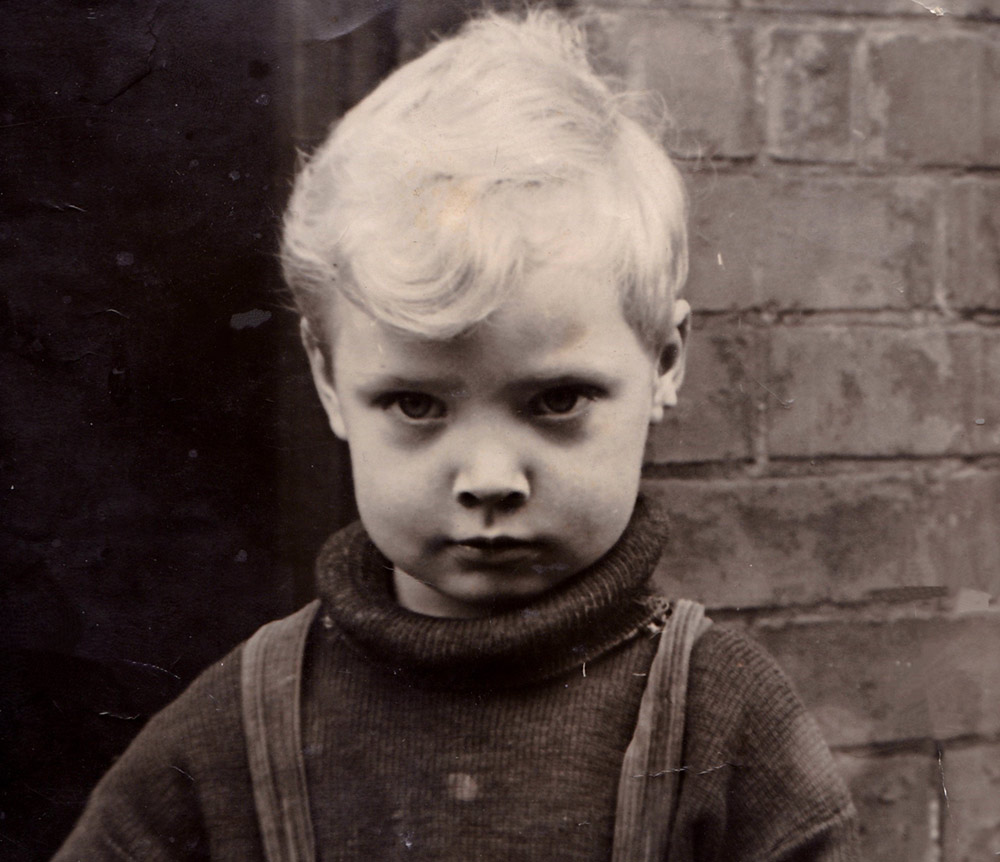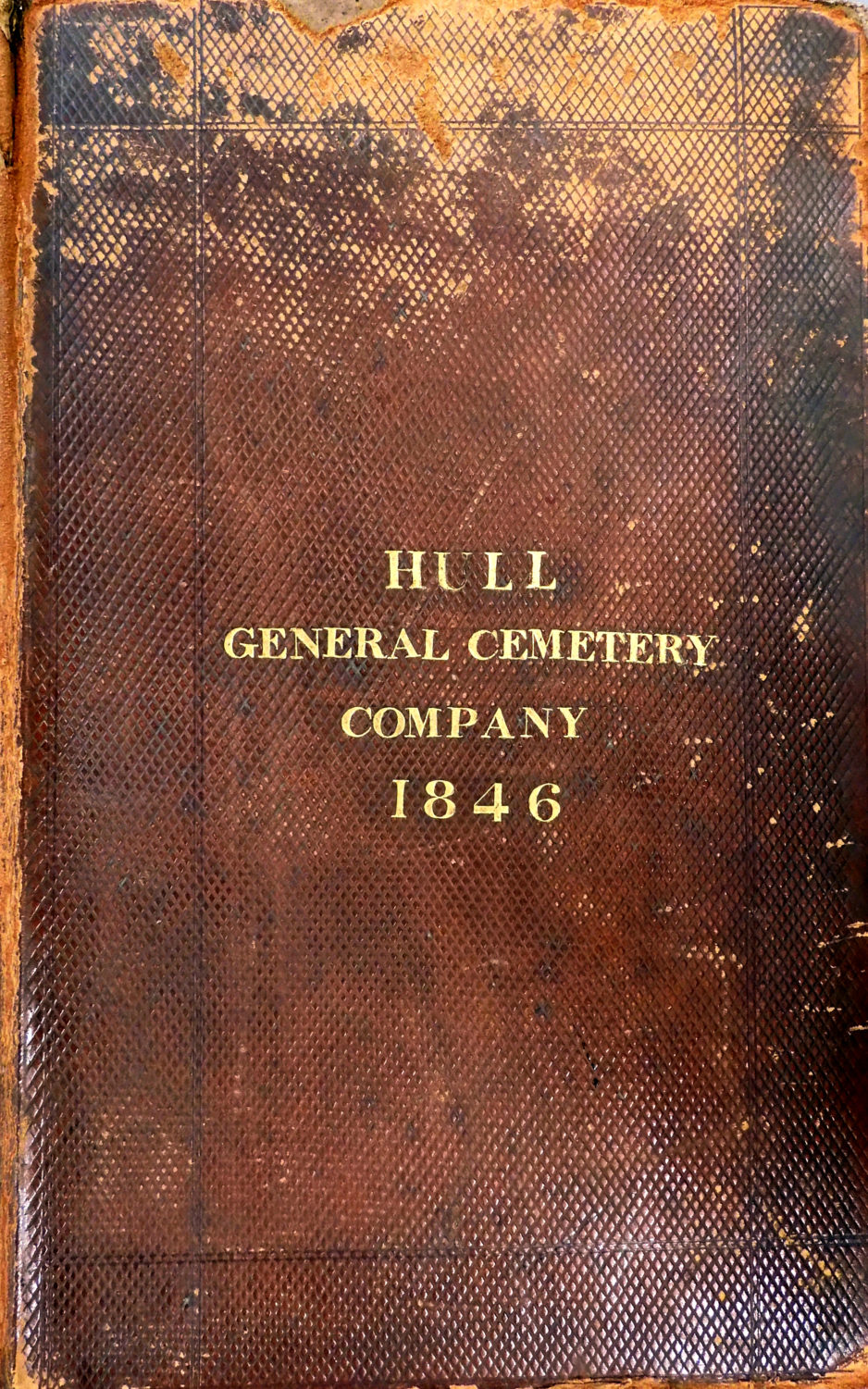Yes, I know. I put the month of August last month instead of July for the Anniversary item. Anniversary August 1846
What can I say?
To attempt to make amends here’s another item from the history of the Cemetery commemorating a date in July. I hope I’m forgiven.
On the 2nd of July 1857 the Company Minute Books mentions a first for the Cemetery Company. The installation of a windmill. John Shields, the first superintendent of the Cemetery, reported back to the Board. His report was succinct.
‘Mr Shields produced a plan of the windmill proposed to be erected in the cemetery and the estimate for building same viz – Messrs Thompson and Stather for iron work £25, Messrs W. & D Todd for woodwork £22 and such estimates having been fully considered resolved that such estimates be accepted and that the Mill be forthwith erected.’
Windmill?
So why a windmill? The short answer was that the Company had bought and installed a steam engine in 1846 which had helped with the draining of the site. After this it was then used to help with the stone cutting of the monumental works of the Company. However the Company appeared to have little luck with their engines. Over time they either needed repair, or sometimes replacing all together. As the steam engine would have been the largest capital expenditure after the purchase of the site itself such ongoing costs were constantly eating into the profits of the Company.
The Board were in a quandary about this issue. John Shields thought he had come to a solution. In May of 1857 he recommended to the Board that they should install a windmill to, ‘be used instead of the engine to pump water out’. The Board asked him to get an estimate of the costs this would incur.
And thus we come to the meeting the following month and the Board decided to go ahead with the erection of the windmill after seeing the estimates that Mr Shields placed before them.
The life of the windmill
The windmill continued to work for the Company for almost the next twenty years so it proved a good investment. It’s final removal was due to the development of the Avenues. In November 1874 the Minute Books state what buildings were to be demolished and re-instated further into the Cemetery by David Garbutt’s Avenues development. These buildings were,
‘the stable building, hearse shed with loose box attached, engine and boiler house and chimney shaft, carriage wash, privy, brick and cart shed, and to take down and reconstruct the engine, boiler, windmill and all gear, pumps, well etc.’
The following month, December 1874, the situation was that,
‘The secretary reported that the company’s fence had been set back and the stables, coach house, cart shed etc pulled down, and he further reported that the engine, windmill and pumping gear had been advertised for sale …. But as yet no satisfactory offer had been made for the same and as Mr Garbutt was pressing for possession of the land upon which the same stood such engine, mill etc had, by the chairman’s orders, been sold by public auction and had realized after paying auctioneer’s charges, advertising etc £27 4s and the purchasers were then removing same.’
So that is the short life of the Cemetery’s windmill. It must have been a grand sight. What is also interesting is that the sale price of the engine, windmill and pumping gear realised less that the original cost of the windmill back in the 1850s. Another instance of the Company’s directors not being very good businessmen.

Pete Lowden is a member of the Friends of Hull General Cemetery committee which is committed to reclaiming the cemetery and returning it back to a community resource.

